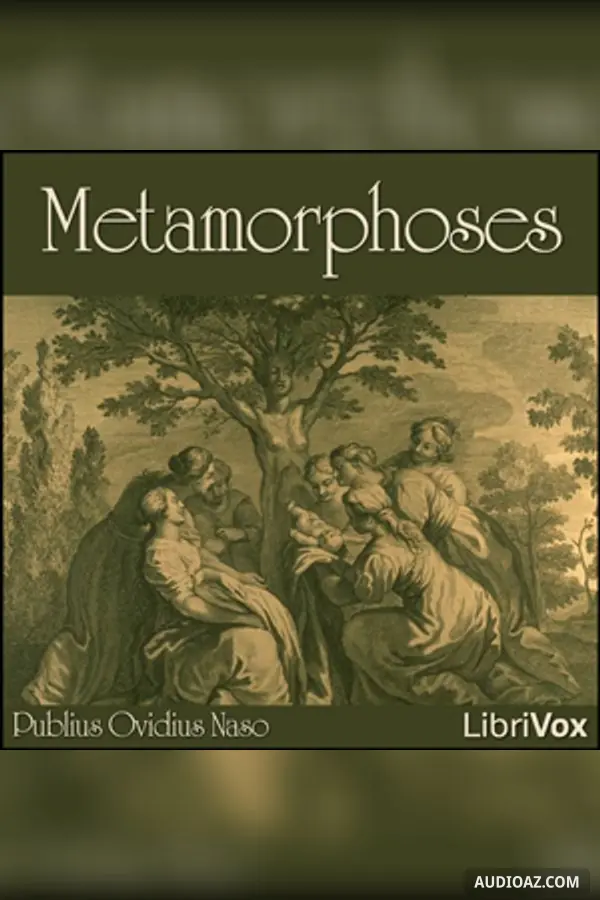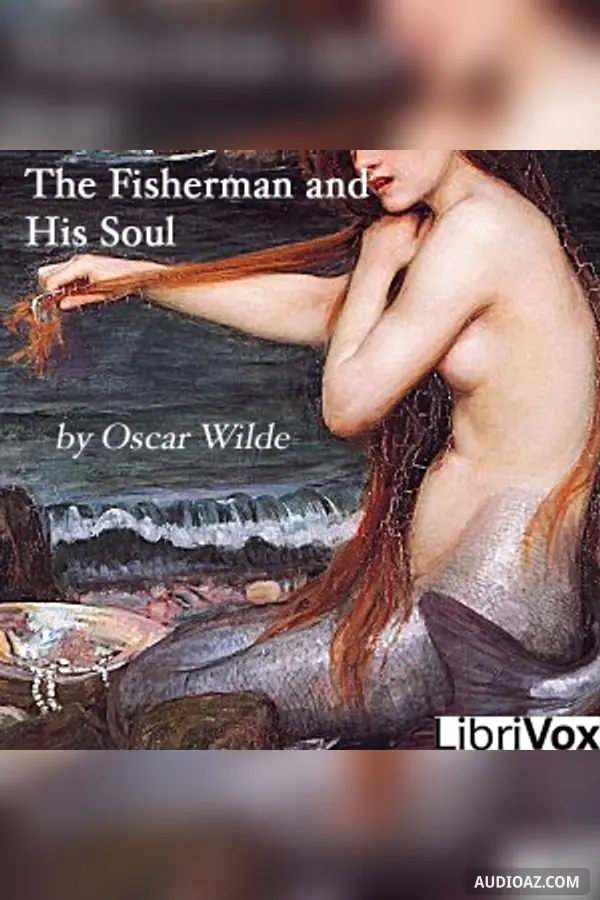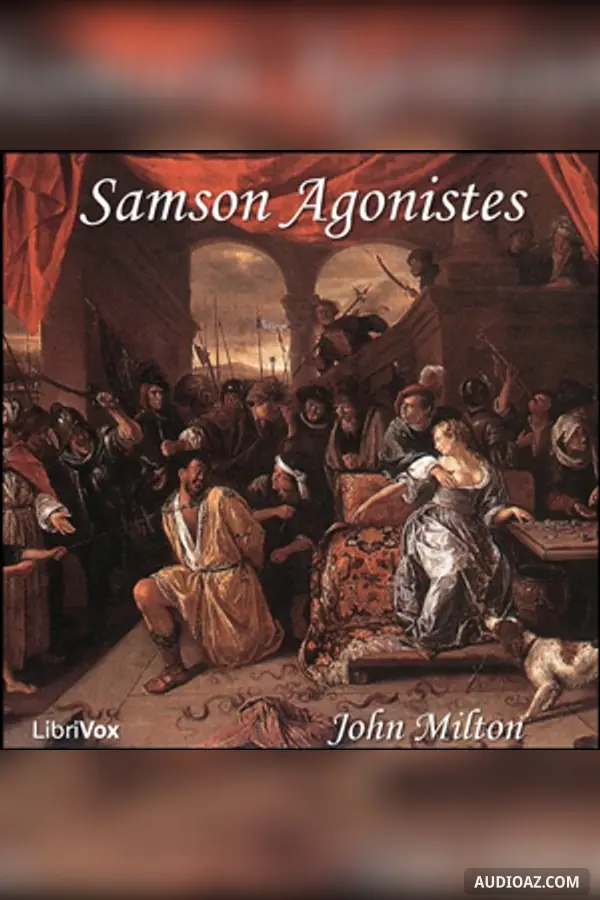
Metamorphoses - Free Audiobook
Author(s): Publius (Ovid) Ovidius Naso
Language: English
Genre(s): Classics (Greek & Latin Antiquity)Fantastic FictionMyths, Legends & Fairy TalesPoetry
1 / 4501 - Book 1, Part 1
- 1. 01 - Book 1, Part 1
- 2. 02 - Book 1, Part 2
- 3. 03 - Book 1, Part 3
- 4. 04 - Book 2, Part 1
- 5. 05 - Book 2, Part 2
- 6. 06 - Book 2, Part 3
- 7. 07 - Book 3, Part 1
- 8. 08 - Book 3, Part 2
- 9. 09 - Book 3, Part 3
- 10. 10 - Book 4, Part 1
- 11. 11 - Book 4, Part 2
- 12. 12 - Book 4, Part 3
- 13. 13 - Book 5, Part 1
- 14. 14 - Book 5, Part 2
- 15. 15 - Book 6, Part 1
- 16. 16 - Book 6, Part 2
- 17. 17 - Book 6, Part 3
- 18. 18 - Book 7, Part 1
- 19. 19 - Book 7, Part 2
- 20. 20 - Book 7, Part 3
- 21. 21 - Book 8, Part 1
- 22. 22 - Book 8, Part 2
- 23. 23 - Book 8, Part 3
- 24. 24 - Book 8, Part 4
- 25. 25 - Book 9, Part 1
- 26. 26 - Book 9, Part 2
- 27. 27 - Book 9, Part 3
- 28. 28 - Book 10, Part 1
- 29. 29 - Book 10, Part 2
- 30. 30 - Book 10, Part 3
- 31. 31 - Book 11, Part 1
- 32. 32 - Book 11, Part 2
- 33. 33 - Book 11, Part 3
- 34. 34 - Book 12, Part 1
- 35. 35 - Book 12, Part 2
- 36. 36 - Book 13, Part 1
- 37. 37 - Book 13, Part 2
- 38. 38 - Book 13, Part 3
- 39. 39 - Book 13, Part 4
- 40. 40 - Book 14, Part 1
- 41. 41 - Book 14, Part 2
- 42. 42 - Book 14, Part 3
- 43. 43 - Book 15, Part 1
- 44. 44 - Book 15, Part 2
- 45. 45 - Book 15, Part 3
About
The Metamorphoses of Ovid is probably one of the best known, certainly one of the most influential works of the Ancient world. It consists of a narrative poem in fifteen books that describes the creation and history of the world through mythological tales, starting with a cosmogony and finishing with the deification of Julius Caesar. Published around 8 AD, the Metamorphoses are a source, sometimes the only source, for many of the most famous ancient myths, such as the stories of Daedalus and Icarus, Arachne or Narcisus.
Ovid works his way through his subject matter often in an apparently arbitrary fashion; however, the connection between all the seemingly unconnected stories is that all of them talk about transformation. Change as the only permanent aspect of nature is the certainty that underlies the work of Ovid, who jumps from one transformation tale to another, sometimes retelling what had come to be seen as central events in the world of Greek myths and sometimes straying in odd directions. The poem is often called a mock-epic. It is written in dactylic hexameter, the form of the great heroic and nationalistic epic poems, both those of the ancient tradition (the Iliad and Odyssey) and of Ovid's own day (the Aeneid). It begins with the ritual "invocation of the muse," and makes use of traditional epithets and circumlocutions. But instead of following and extolling the deeds of a human hero, it leaps from story to story sometimes in very cunning ways, and, because of the clever ways in which it connects the stories, the Metamorphoses were once called the "Thousand and One Nights of the Ancient World". (Summary adapted from Wikipedia by Leni)
Comments
Be the first to comment
There aren't any comments on this content yet. Start the conversation!
Discover More
Tags: Metamorphoses audio, Metamorphoses - Publius (Ovid) Ovidius Naso audio, Classics (Greek & Latin Antiquity) audio, Fantastic Fiction audio, Myths, Legends & Fairy Tales audio, Poetry audio, free audiobook, free audio book, audioaz






